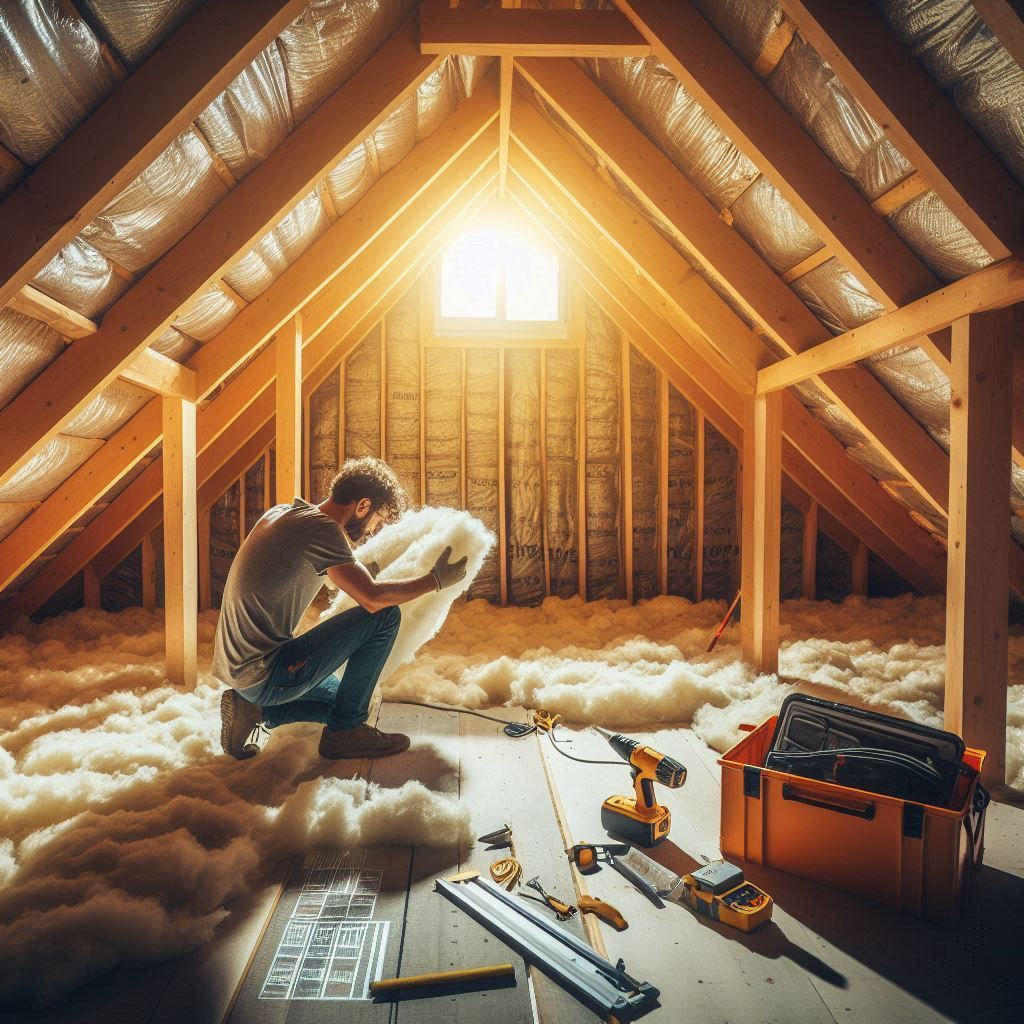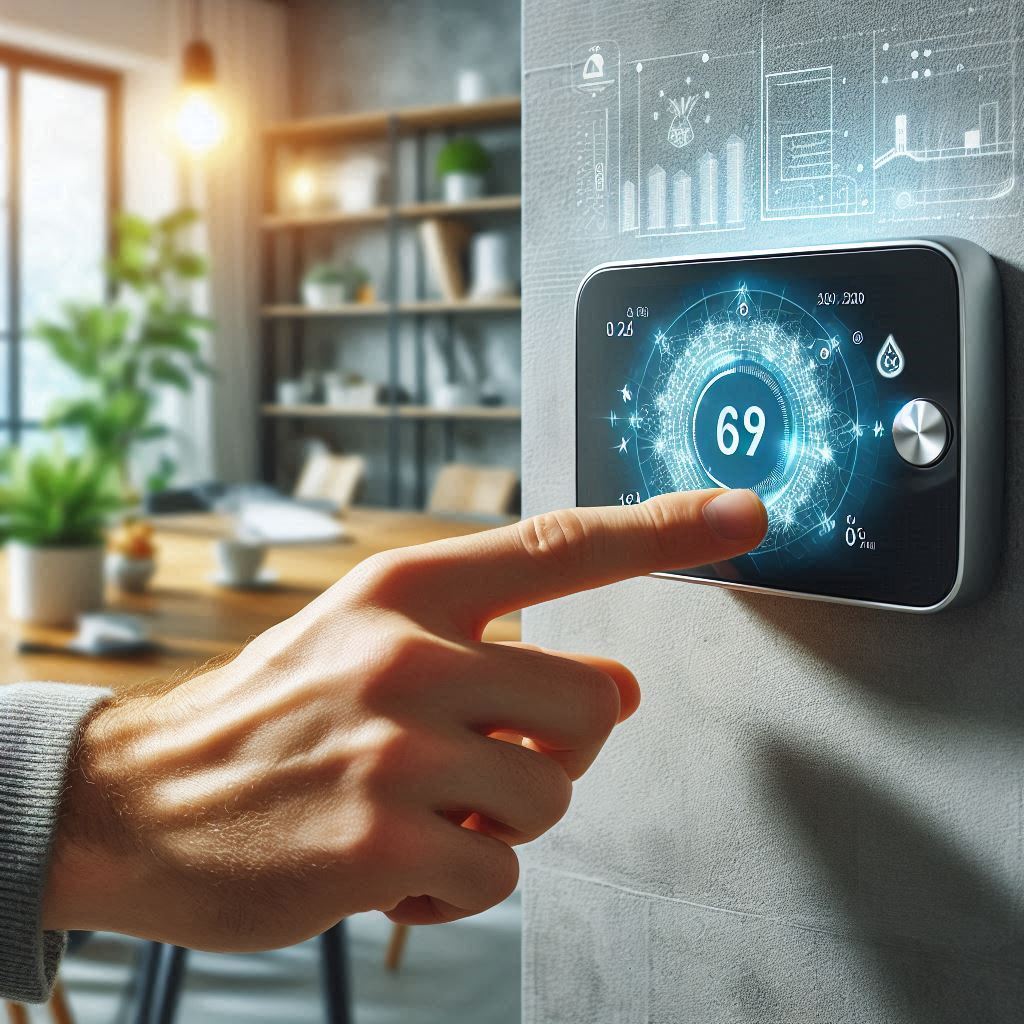As a new homeowner, managing household expenses is a top priority, and one effective way to do that is by focusing on energy-saving strategies. Incorporating energy-efficient practices into your home can reduce utility costs, increase the comfort of your living space, and lessen your environmental impact. This guide will walk you through some key energy-saving tips for new homeowners, covering everything from small upgrades to behavioral changes that can make a big difference.
Understanding Energy Efficiency and Why It Matters
Energy-saving strategies involve making your home more efficient in how it uses electricity, heating, and cooling. By focusing on energy efficiency, you’re not just reducing costs—you’re also enhancing the value of your property and supporting sustainable living. The exact keyword “Energy Saving” emphasizes the importance of adopting smart energy practices in your home.

1. Upgrade to Energy-Efficient Appliances
One of the most impactful ways to save energy is by investing in energy-efficient appliances. Look for products labeled with the ENERGY STAR certification, which indicates that they meet high standards for efficiency. Common upgrades include energy-efficient refrigerators, dishwashers, and HVAC systems. Though the initial investment may be higher, the long-term savings on your energy bill make it worthwhile.
2. Insulate and Seal Your Home
Proper insulation and sealing are essential for maintaining comfortable temperatures without overworking your heating or cooling systems. Focus on key areas such as attics, walls, and windows where drafts and air leaks are common. By insulating these spaces and sealing gaps, you’ll notice a significant reduction in energy consumption and, consequently, your utility bills.

3. Optimize Your Lighting
Lighting is another area where energy-saving tips can have an immediate effect. Switch to LED bulbs, which use up to 75% less energy than traditional incandescent bulbs and last significantly longer. Also, consider installing dimmers and motion sensors, which allow you to adjust lighting based on need, further optimizing energy use.
4. Adopt Smart Thermostat Technology
Smart thermostats are an excellent investment for homeowners focused on energy saving. These devices allow you to program heating and cooling schedules that match your routine, ensuring your HVAC system runs efficiently. Many smart thermostats even learn your habits over time and adjust automatically, leading to consistent energy savings.

Conclusion
Incorporating energy-saving strategies into your home isn’t just about cutting costs—it’s about creating a more comfortable, sustainable, and valuable living environment. From upgrading appliances to making small behavioral changes, every step counts toward reducing your energy footprint. At TitleCompany.com, we’re committed to helping homeowners not only navigate real estate transactions but also connect with trusted service providers who can assist with these kinds of upgrades. If you have any other tips or questions, feel free to leave a comment below!
Disclaimer: The information provided in this blog is for educational purposes only and should not be considered as professional advice. Always consult with qualified service providers when making decisions about your home.

